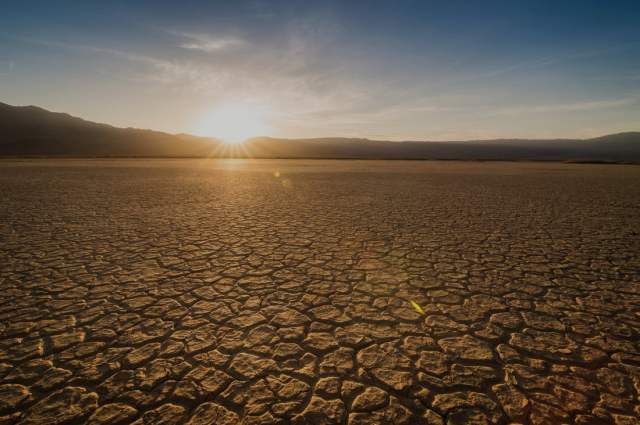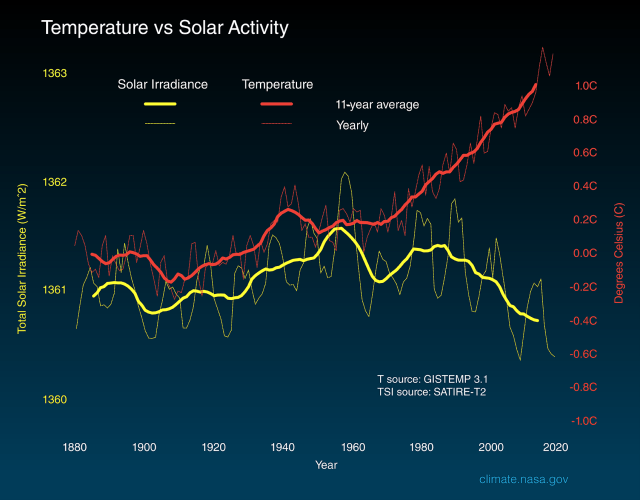Cardinal Carminative
VIP Member
- Apr 2, 2022
- 4,397
- 1,001
- 73
Wow. That was the most vague and simplistic description of the evolution of earth's climate I have ever heard.
It isn't a summary of the earth's climate evolution.
It's an explanation of the value of paleoclimatology.

